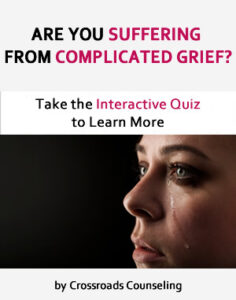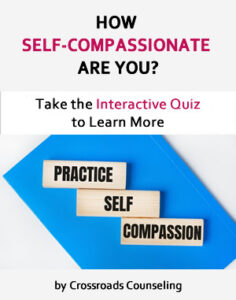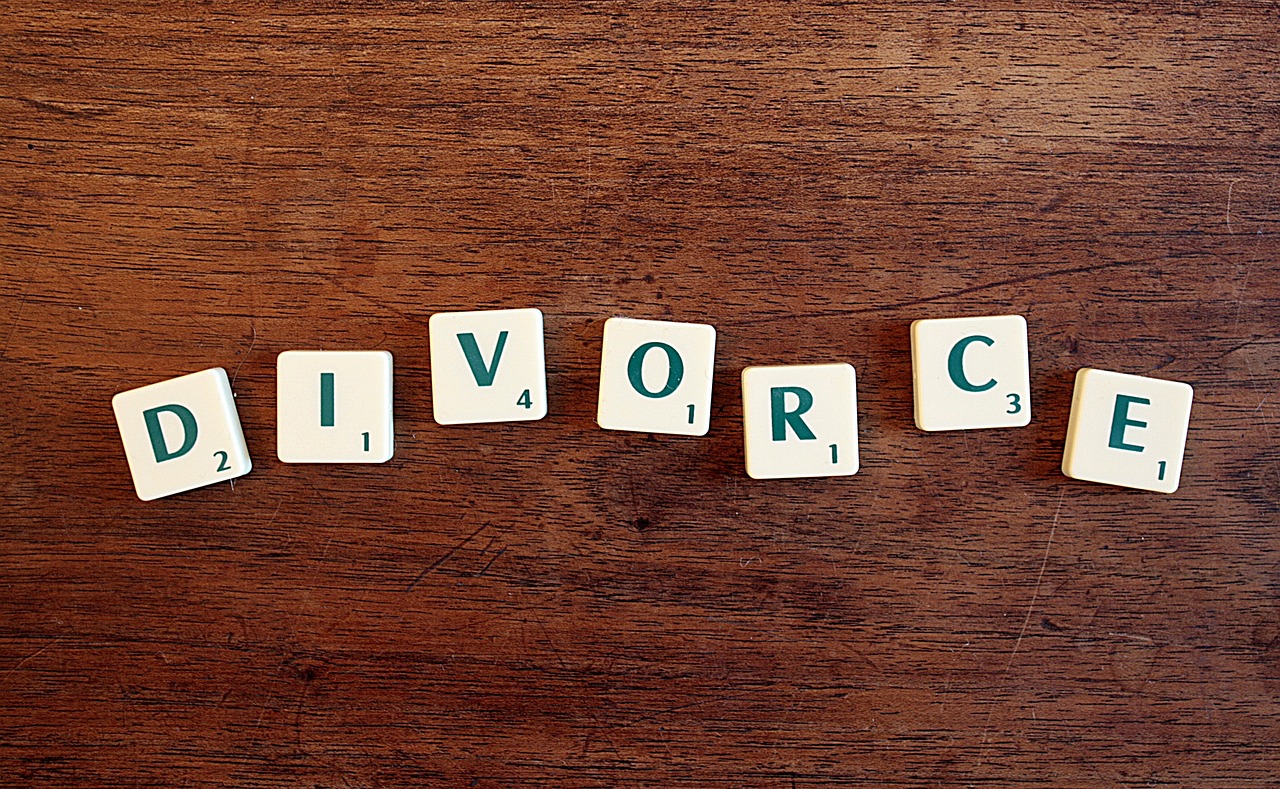Everyone experiences grief at some point in their lives. It could be over the loss of a loved one, a pet, or even the loss of something like a home or a job.
While there are specific stages of grief, everyone works through them differently—and on different timelines.
However, it often seems that society still has a hard time understanding how to respond to grief. Even though it’s something we all go through, not everyone knows what to say.
Unfortunately, that can often lead to both conscious and unconscious grief shame. If it’s something you experience—especially from people you’re close with—that kind of shaming can feel overwhelming and incredibly hurtful. Especially if you are already feeling guilty that your grief may be a burden to others.
So, what can you do to cope if you’re feeling shamed over your grief?
Understanding Grief Shame
Although the term itself might be relatively new, grief shame has always been around. When you share your emotional pain with someone, you expect to be met with support, understanding, and care.
When people grief shame, however, they usually respond with criticism, judgment, or by analyzing your thoughts and feelings.
As you might expect, that can make it difficult for you to open up again. However, it can also make your feelings seem invalidated and “wrong,” somehow.
Keep in mind that many people who grief shame don’t realize they’re doing it. They might even have the best of intentions in trying to help you work through your pain. Some examples of this include suggestions like:
- “You have to stay strong for your children.”
- “You should think about the happy times you had together.”
- “It takes time to heal.”
- “Everything happens for a reason.”
Some people might also suggest they know how you feel before launching into a story about their own loss. Again, most of these things aren’t done with any sort of malice. But because so many people don’t know how to address grief properly, it can come across as judgmental and harsh.
Grief Shame and Time
Some people will grief shame based on time, or how long you were “with” a person. For example, if you’re grieving the loss of your unborn child, someone might suggest you never even met them, or that it’s somehow better to lose them before they were born than after.
They might try to diminish your pain and grief by suggesting the length of time you spent with someone means you shouldn’t feel as distressed or discouraged.
These suggestions can make you question your own feelings and cause more inner turmoil. Grief shame tries to make you “heal” before you’re ready, and that’s an unhealthy road to travel.
How to Cope With Grief Shame
So, what can you do if someone in your life is making your grief shame worse? How can you cope with that on top of the pain you’re already experiencing from your loss?
First, practice self-compassion. Think about how you want others to respond to your grief, and show that kindness and support to yourself.
That includes practicing self-care. You might not feel like taking care of yourself right now, but it will make a big difference. Spend time outside, don’t isolate yourself, and try things like mindfulness and meditation to clear your thoughts.
Most importantly, recognize that there is no ideal timeline for grief. Everyone works through it at their own pace. If someone is shaming you about how long it’s taking you to get through it, or the ways in which you’re doing it, don’t be afraid to confront them.
If you’re struggling with grief and finding it hard to cope with the way you’re being shamed over it, you’re not alone. Please consider reaching out for help so you can continue moving forward and healing in healthy ways.
Begin Grief and Loss Counseling in Phoenix, Scottsdale, and Online in Arizona
If you would like to learn how grief counseling can help you season please reach out. Our team of therapists would be honored to support you. We are happy to offer services from our Phoenix, AZ-based practice and across the state with online counseling. You can start your therapy journey by following these simple steps:
- Contact Crossroads Counseling
- Meet with a grief and loss therapist
- Start finding the happiness you deserve
Start Grief Therapy with Crossroads Counseling
Our offices are located throughout the valley with counseling centers located in Phoenix, Anthem, and Scottsdale. Call us at 623-680-3486,text 623-688-5115, or email info@crossroadsfcc.com. We offer a complimentary 20-minute phone consultation to answer your questions and better understand how we can help you.











